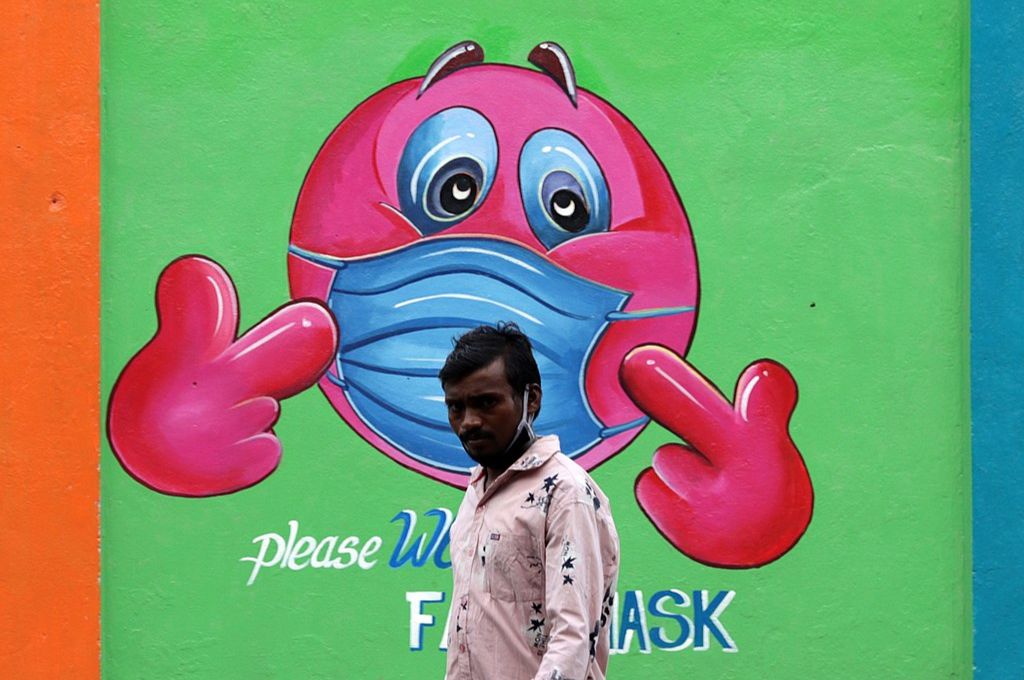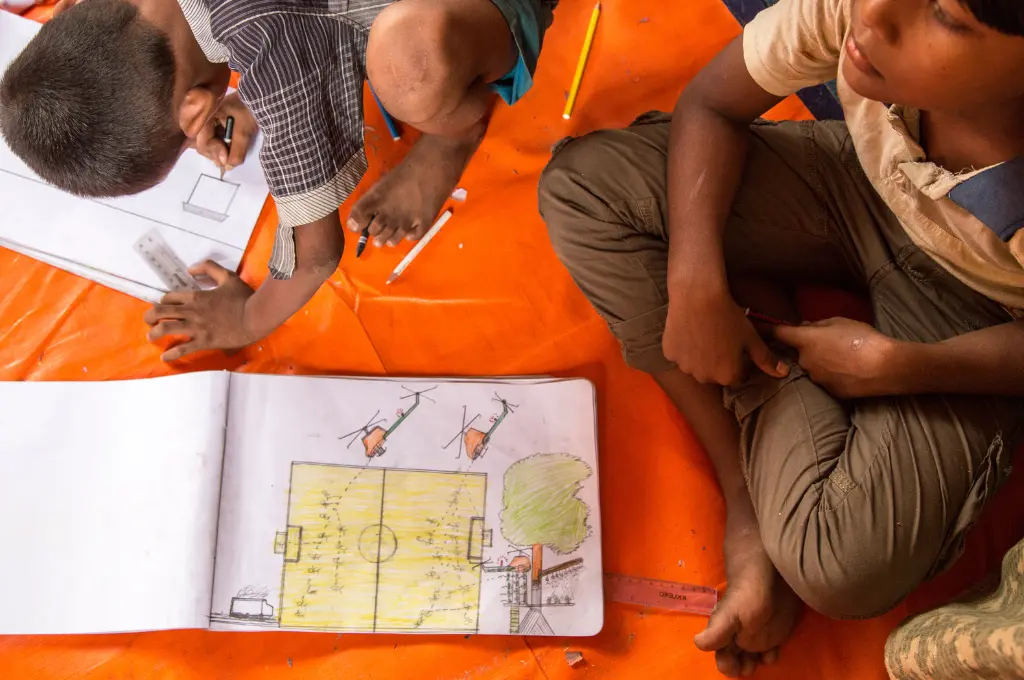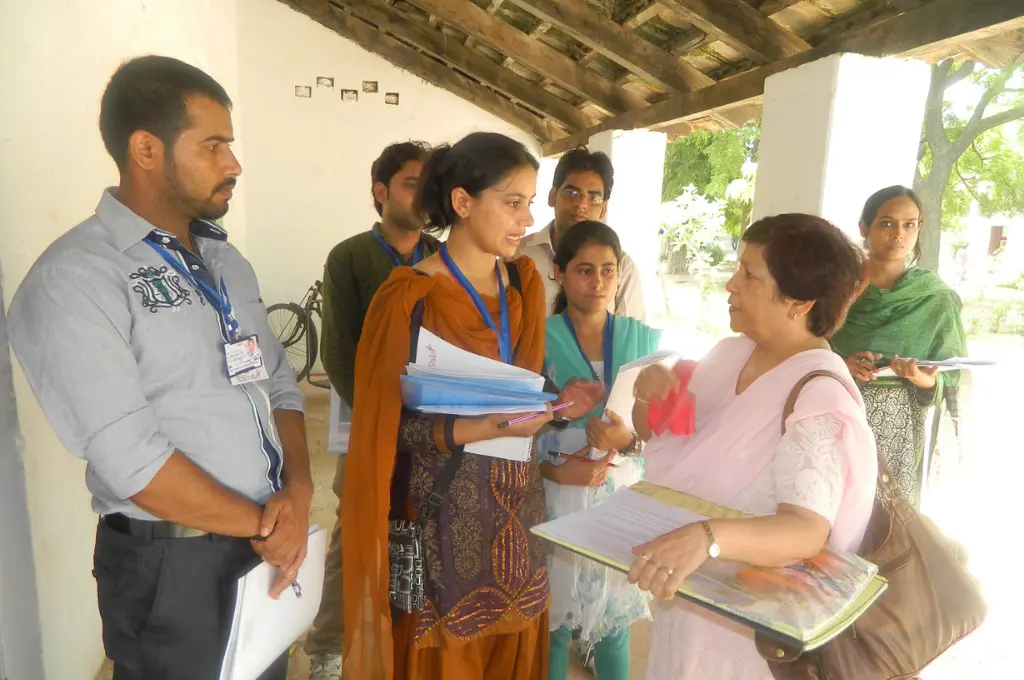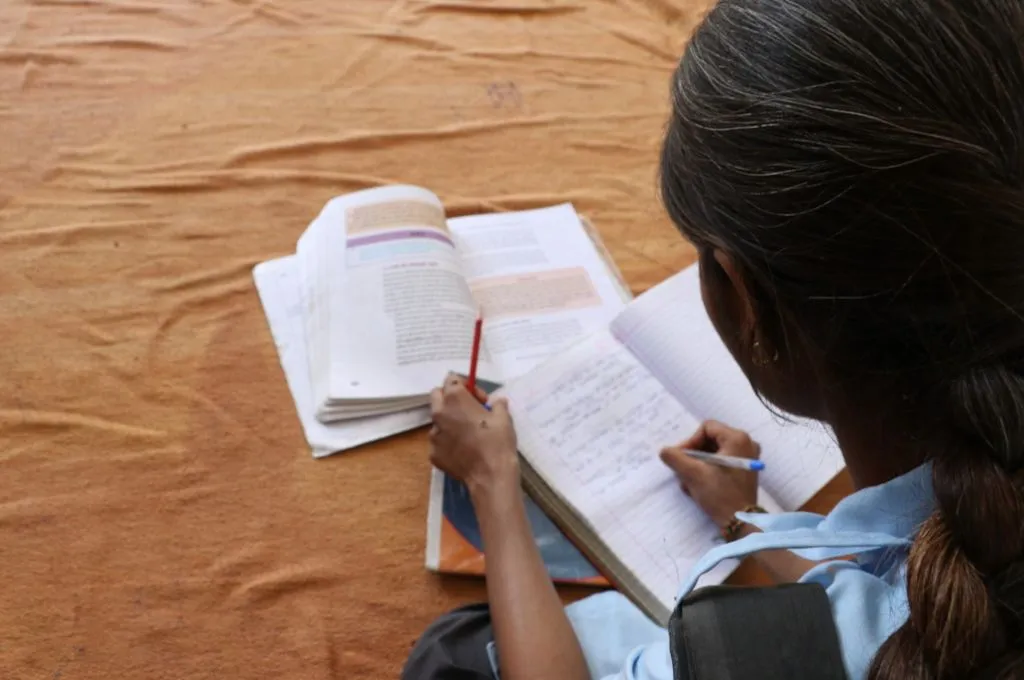It is often said that the road to hell is paved with good intentions. This holds especially true in the aftermath of a crisis when individuals or organisations step up to support those affected despite their lack of experience in disaster management.
Through my work with the citizen journalism platform CGNet Swara during the COVID-19 lockdown in India in 2020, I had a ringside view of what can go wrong when organisations undertake relief efforts while being unprepared to do so. In this article, I highlight how our inexperience with crisis response led to certain vulnerable communities being negatively affected, and draw out lessons for other social sector leaders or organisations that might need to undertake disaster response.
On March 24, 2020, India announced a nationwide lockdown to contain the spread of the coronavirus. Originally intended for three weeks, the lockdown was regularly extended until June 2020. During this time, many migrant labourers were stranded without food or money and millions had to walk thousands of miles to return home.

For more than 10 years, villagers in Central India had called or messaged the CGNet Swara helpline to report on failures in the government machinery to provide clean water, electricity, and infrastructure or issues with government payments such as pension and NREGA wages. And during the first seven weeks of the lockdown, our helpline number was overwhelmed with 401 distress calls from those who did not have money to buy basic necessities or needed help reaching home. Since our internal team was unable to adequately address each grievance, we appealed to volunteers we had worked with in the past. Eleven people responded to this call, and so, amid the chaos triggered by the lockdown, I found myself managing a team of digital volunteers who were determined to act in this crisis situation.
My role consisted of monitoring their efforts in real time, during which I uncovered several troubling issues such as police threats to distress callers requesting food and online harassment of women volunteers. Here are five things we failed to do, along with what we could have done differently, to minimise the risk to vulnerable communities.
1. Balance privacy and transparency
Since 2010, CGNet Swara has published more than 20,000 audio stories from nearly 6,500 callers. As a policy, anonymity is only allowed if our editors are convinced that there is personal risk to the caller. However, during the lockdown, there were many first-time callers who were unaware of this provision and were not informed of the risks involved with publicly reporting their grievance. For instance, one distress caller, who challenged the government’s claim that everyone was receiving enough food, reported being threatened by the police.
“If someone stands in front of you with a lathi (a heavy stick used by the police as a weapon), you will obviously get scared,” said Pradeep,* a distress caller from Rewa district in Madhya Pradesh. “After that we said we don’t want any help [from CGNet]; it is okay if we die hungry.”
Pradeep’s case is hardly unique. According to a study on the Stranded Workers Action Network, which helped more than 36,000 labourers survive the lockdown during the first COVID-19 wave in India, “Workers who were enterprising enough to seek help through various means were threatened or beaten.”

It was only in hindsight that we realised how the context of the crisis resulted in heightened scrutiny of our work by powerful actors seeking to control the narrative. At the very least, we should have walked callers through the risks of participation and given them the option of anonymity if they desired.
2. Re-examine incentive structures
We also realised that metrics decided upon with funders don’t always work in the context of a crisis. As part of its grant agreements, CGNet would measure impact on the basis of the number of grievance reports it had been able to ‘resolve’. The limitations of this approach were on display when I interviewed Ranju,* a distress caller from Bihar who was stranded in Noida at the time. He was unhappy with us despite receiving a supplement of rice—a clear reflection of our impact.
“For how many days can we eat 5 kg of rice?” asked Ranju. “If you want to help, help properly.”
I regularly encountered similar stories during my interviews with distress callers, who asked me for a second round of food. Our response to such requests would be to ask the caller to record another story for the additional assistance required. When we responded to it, this would generate a second impact report—an approach that helped us exceed funder expectations by showing more than three times the impact compared to the previous quarter.
While this may appear to be a success, utilising this metric created a distorted incentive structure and was a hindrance to fostering ongoing relations between volunteers, staff, and distress callers. Rather than create a support system that helped communities through the duration of the crisis, it incentivised one-time assistance with the aim of measuring impact.
We saw this play out in the context of our action team, whose responsibility it is to follow up on grievances till they convert into an impact report. We found that some distress callers would incorrectly report their issue as ‘resolved’ just to get a break from these daily phone calls.
“They (action team) told me to record this so I said that we’ve reached home,” recounted Upendra* from Kondagaon district in Chhattisgarh who was working in Andhra Pradesh before the lockdown. “But the problem hasn’t been solved.”
Although we recorded 123 impact reports in seven weeks, the number may have been overestimated if others, like Upendra, reported an impact just to appease the action team.
We learnt that providing an option to withdraw requests for assistance or be placed on a do-not-disturb list can better protect the integrity of the impact database and privacy of community members.
3. Maintain impartiality
Humanitarian interventions strive to maintain the principle of impartiality—that similar groups be treated similarly. We breached this principle when we used multiple, inconsistent methods to verify distress calls—from the ‘desperation’ in their voice to how often they call to personally checking in on the caller through someone living in the area.
This resulted in a lottery for distress callers, where the lucky few enjoyed lax verification while others were subjected to stringent requirements. Creating streamlined procedures to assist beneficiaries is important during a crisis as it reduces arbitrariness.
Nearly as important is how we communicate these procedures to beneficiaries. As part of our technical system, call recordings of less than 30 seconds are automatically discarded on the grounds that valid stories take longer to narrate. This policy made sense for our original work of resolving long-standing community issues such as road repair and provision of clean water. In a crisis, it discriminated against distress callers who were unaware of this 30-second rule and as a result found their stories discarded without any due process. Reassessing policies and technical systems is particularly important during a crisis where there may be many first-time beneficiaries who are unfamiliar with a given service.

4. Formulate standard operating procedures
In the aftermath of disasters, we are increasingly seeing concerned citizens mobilise and assist with relief efforts. In such situations, organisations need standard operating procedures (SOPs) to protect the volunteers and beneficiaries they work with from unintended harm.
One of the Adivasi women I interviewed from Central India had travelled to the local government office under the scorching summer sun with her two children because one of our volunteers had assured her that she would get food. She had to return empty-handed.
Upon enquiring further, I found that the volunteer had registered her appeal for food on the CM Helpline, a government portal in Madhya Pradesh. When he was notified that her case was resolved, he communicated the same to her but failed to follow up and ensure the benefit was indeed delivered. In another case, volunteers gave Kashiram,* a distress caller from Madhya Pradesh, the numbers of aid organisations that would give him food, without realising that he did not have enough money to call them.
“They (volunteers) said to call this number, that number, but I don’t have any balance (mobile money),” reported Kashiram. “I can’t even go to the market to put in balance (due to the lockdown).” To mitigate instances like this, it is important for organisations to independently follow up on the work done by volunteers and remediate any harm done by them to vulnerable communities.
Meanwhile, two out of six women volunteers I interviewed faced online harassment from ‘creeps’ who initially promised support to distress callers but later asked for volunteers’ photos and stalked them across platforms.
“I tried to convince him that our relationship is professional…But he keeps texting me on WhatsApp, on SMS. He wouldn’t stop calling me,” said Sayani,* a CGNet volunteer. “Somehow, he managed to get my email ID and then he emailed me too. I don’t know from where he got my email ID, but he got my email ID.”
While we were able to intervene in both cases retroactively, the damage had been done. Such incidents may be inevitable if digital volunteering programmes are rolled out at a larger scale, making it important for organisations to put in place a protocol to proactively deal with harassment.
5. Bridge the digital divide
Disaster management responses tend to suffer from a ‘signal’ problem where better-off communities are more likely to be able to benefit from an intervention, as compared to those who lack access to certain resources.
We saw this during the lockdowns in 2020 and 2021 with many relief efforts requiring online registration or a Twitter account to broadcast appeals for oxygen or food. While 60 percent of the distress callers we interviewed had a smartphone, nearly all the women callers only used feature phones that could not connect to the internet. To prevent the exclusion of those too poor to afford a smartphone or too remote to access the internet, we had a simple phone number that people could call to report their problem. We then connected them to internet-savvy team members who undertook online registration or tweeted on their behalf to help them avail the relief measures available on the internet.
While we saw the hope this approach gave people, it is both challenging and important to design crisis interventions that account for issues of tech illiteracy and poverty. Even with the best of efforts, our technology excluded those without cellular connectivity or enough mobile balance to give a missed call to our helpline number.
Beyond these five areas, perhaps the biggest takeaway for organisations entering disaster management is to have real-time monitoring of their relief efforts. This can help design privacy policies that are reflective of the new crisis context, revised impact metrics for funders, new verification procedures for beneficiaries, standardised operating procedures for volunteers, and devising interventions that can even reach last-mile communities that are not technologically adept.
*Only first names have been used to protect the privacy of callers.
—
Know more
- Read CGNet Swara’s entire report on how social organisations can better deal with a crisis affecting the communities they work with.
- Learn more about some of the potential failures that can happen in emergency relief.
Do more
- Give a missed call or WhatsApp +91 8050068000 to report longstanding community issues that are in need of resolution.
- Volunteer to help resolve grievances that are being reported by villagers on CGNet Swara’s helpline number.
- Connect with Shubhranshu Choudhary at shu@cgnet.in or Devansh Mehta @TheDevanshMehta to learn more about and support their work.




